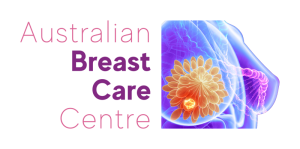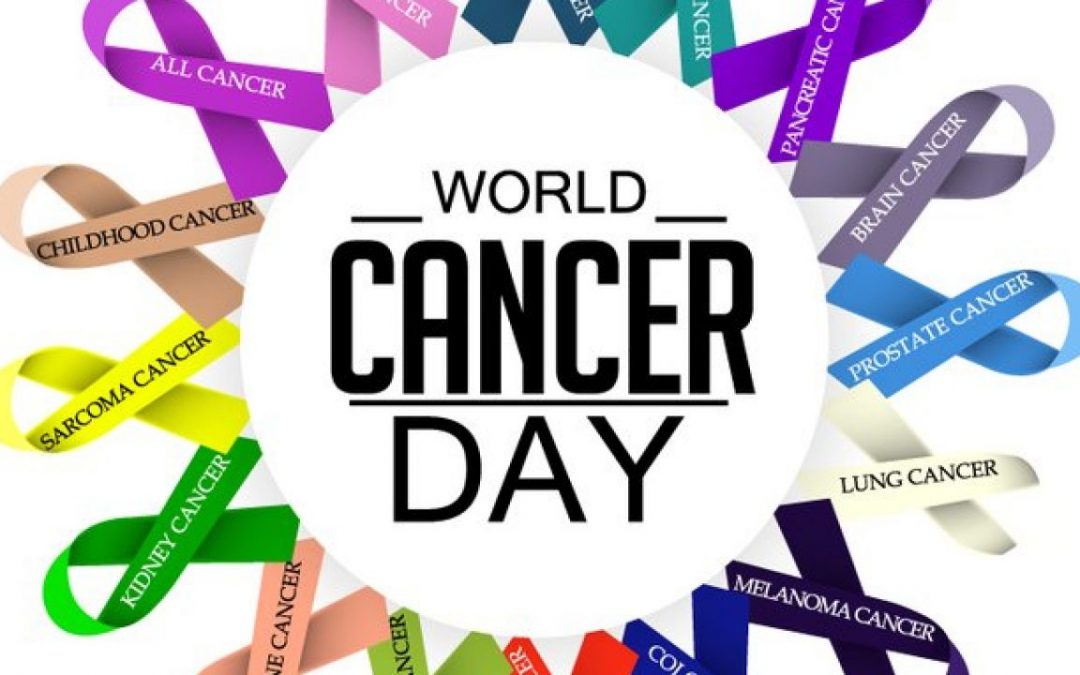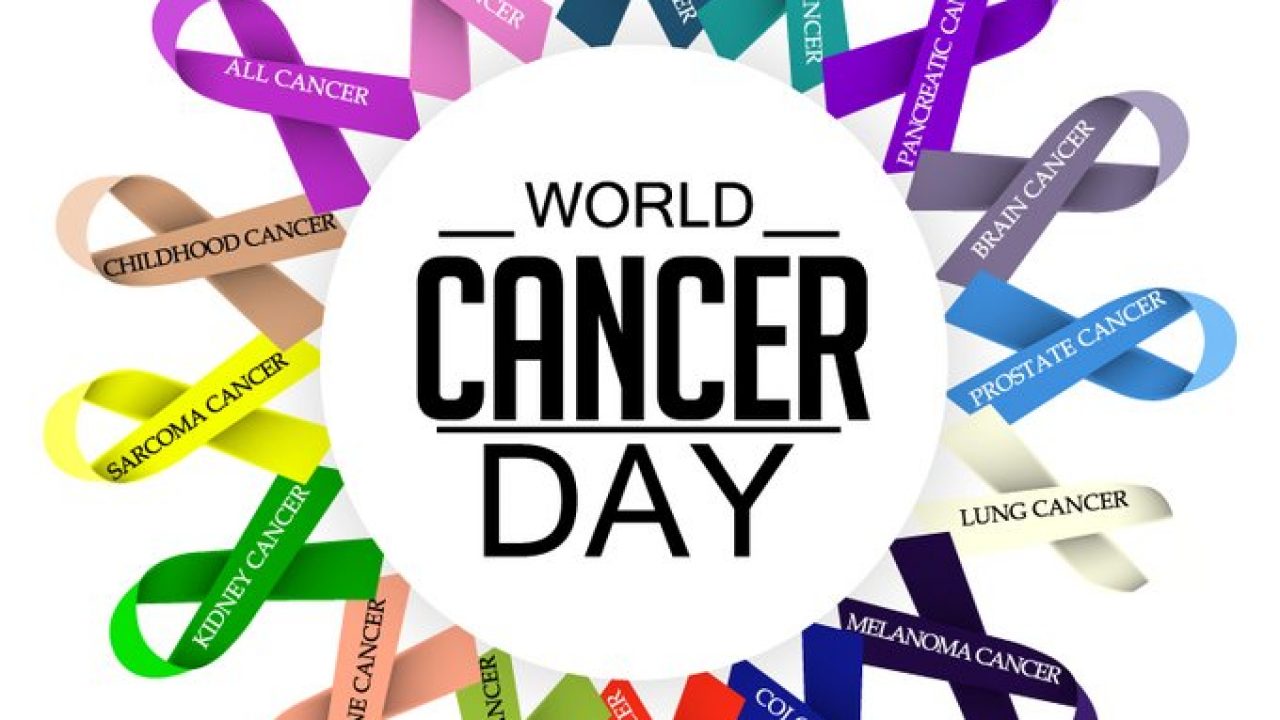
In 2022, the Union for International Cancer Control will begin a new three-year ‘Close the Care Gap’ campaign designed to raise awareness about the numerous barriers that exist for people around the world in accessing the cancer care they need.
In this special online event, Prof Sanchia Aranda, past president of the UICC and Deputy Chair VCCC Alliance and Dr Kalinda Griffiths, new VCCC Alliance Research and Education Lead for Aboriginal and Torres Strait Islander Health will lead an important discussion.
Additionally, the Victorian Aboriginal Community Controlled Health Organisation (VACCHO) will be pleased to launch the Menzies Desktop Review of the cancer care system.
Join us for a special Monday Lunch Live event to share the messages from World Cancer Day 2022 – to clarify and amplify what we most need to hear, and to invite researchers, health professionals, policymakers and consumers to help to close the care gap not just in Victoria but for populations worldwide.
On World Cancer Day 4 February 2022, the Union for International Cancer Control is summoning all of us, whoever and wherever we are to play our part in creating a cancer-free world. What will you learn about the gap in cancer care?
Hear about some of the initiatives that are activating across the VCCC Alliance to meet the needs of a broad cross-section of our community. Learn why progress has been slow and what more can be done. Understand what the gap looks like from different perspectives, and build your knowledge of equity in healthcare.
The problem we need to solve
We know that the disparities in cancer outcomes are widening, particularly for our most vulnerable communities. According to the Australian Institute of Health and Welfare’s Cancer in Australia 2021 Report:
- On average, Indigenous Australians were 14 per cent more likely to be diagnosed with cancer and 20 per cent less likely to survive at least five years after diagnosis compared with non-Indigenous Australians. Survival for Indigenous Australians was lower in regional and remote areas than in other areas.
- Cancer incidence rates were slightly higher in regional areas, while survival declined with increasing remoteness, at least partially reflecting poorer survival for Indigenous Australians in more remote areas.
- Compared with people living in the least socioeconomically disadvantaged areas, cancer incidence rates for people living in the most disadvantaged areas were 5 per cent higher, but survival rates were almost 20 per cent lower, and cancer mortality rates were over 40 per cent higher.
VACCHO to launch the Menzies Desktop Review of the cancer care system
During this special event, the Victorian Aboriginal Community Controlled Health Organisation (VACCHO) will be pleased to launch the Menzies Desktop Review (the Review) of the cancer care system, produced by VACCHO and the Menzies School of Health Research.
The Review consolidates the knowledge and evidence for three priority issues in the cancer care system:
- Improving Aboriginal participation in clinical trials and research
- Improving culturally safe and effective cancer treatment for Aboriginal people with cancer
- Improving Aboriginal people’s self-identification and the quality of cancer data.
Through extensive searching of the peer-reviewed and grey literature, the Review identifies gaps and potential next steps in these important areas. The findings from the Review have informed the development of the Victorian Aboriginal Cancer Journey Strategy. The Strategy, led by VACCHO uses human centred design with yarns from community with lived experience of cancer, and includes collaboration with key stakeholders.
You can hear more on the day about what this research means for Victorian Aboriginal communities from VACCHO’s Chief of Staff, Troy Walsh and co-author of the Review, Professor Joan Cunningham from the Menzies School of Health Research.
All are welcome.
Speakers
Professor Sanchia Aranda AM
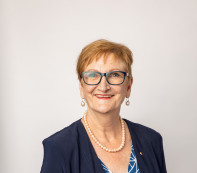
Professor Sanchia Aranda AM, Deputy Chair VCCC Alliance, President of City Cancer Challenge Foundation, former CEO of Cancer Council Australia and past President of the Union for International Cancer Control will join us for this special event.
Dr Kalinda Griffiths
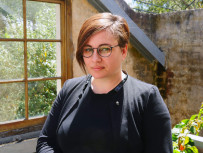
Epidemiologist Dr Kalinda Griffiths is the VCCC Alliance Research and Education Lead for Aboriginal and Torres Strait Islander Health. Kalinda is a Yawuru woman, born and living in Darwin.
Special guests:
Troy Walsh
Victorian Aboriginal Community Controlled Health Organisation (VACCHO)
Chief of Staff & Executive Director (Acting) for Health Information and Technology
Troy is a proud Panninher man from Tasmania. He was born on Kurnai Country and grew up in Melbourne.
Professor Joan Cunningham
Menzies School of Health Research
Joan is Co-leader Centre of Research Excellence on improving cancer services for Aboriginal and Torres Strait Islander Australians. She holds a National Health and Medical Research Council Senior Research Fellowship.
Melissa Sheldon
VCCC Alliance Consumer Representative
Melissa is a proud Wemba Wemba woman and is a member of one of the VCCC Alliance’s steering groups contributing to the current Strategic Program Plan. She has lived with melanoma for over a decade, fortunate to ride the wave of new treatments including targeted cell therapy and immunotherapy.
How much do you know about equity in heathcare? Take this short quiz and we look forward to you joining us online for Monday Lunch Live on Monday 7 February 2022.
#ClosetheCareGap
